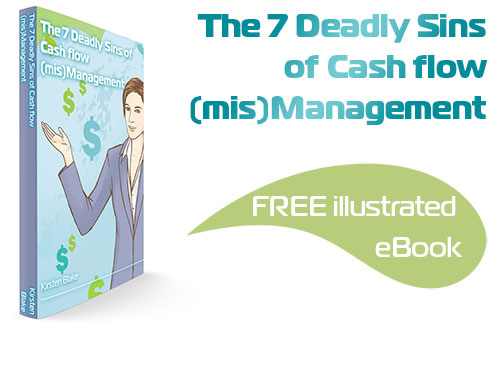

Let's Chat!
Tailoring the right solution for each business is what we are passionate about. Based on an initial chat with you, we'll be able to prepare a unique proposal for you and your business. We are based in Brisbane
Take a moment to connect with us using the form below, or call us directly on:
1300 255 337 (Mon. to Fri. 10 am - 4 pm):
Christmas is a time for giving and let's face it, we all want to be able to give something back to our staff without being penalised for it. Staff Christmas parties can really inject some life into a tired
So how do you keep the tax man away at Christmas time?
Christmas parties are considered to be 'entertainment benefits' but they can fall under Exempt minor benefits if you:
- Do not spend more than $300 (inc GST) per staff member, unless it is held on premises on a working day where there is no $ limit for staff.
- Do not have more than 1 or 2 parties of this nature a year in case they be seen as 'regular' occurrences
Even if you do satisfy these criteria it just means there is no FBT implication but there is still NO tax deduction or GST credit that can be claimed.
Normally anything you give to your staff that is not wage or salary is classified as a Fringe Benefit and as such would trigger the need for an FBT return. However, there are minor benefit exemptions that apply, if you keep the right records. There are 5 criteria that are used when determining if a benefit falls into the minor benefit exemption. One of these is the value must be less than $300. This is NOT the only criteria however and you should look at all criteria before you just tell your bookkeeper to write it off to minor benefits.
Note that associates are not counted in the “per head” calculation, meaning that the $300 FBT minor benefits exemption applies to the combined cost of the employee and any associates who also attend the function. Therefore, if the combined cost for employees/associates is $300 or more, there is FBT on the combined cost — but a tax deduction and GST credit can be claimed on that portion. Winning?!
The cost of clients attending the party are not subject to FBT, but no income tax deduction or GST credit can be claimed on their portion of the cost.
Of course, if you want to be Uncle Scrooge you could opt for an on premises party for staff and or clients (no partners/associates) with only finger food and no alcohol. The the entire cost is tax deductible, there is no FBT and a GST credit can be claimed. Woo hoo.
How about Gifts
Great question. I wish there was one answer. If you give a gift that is not part of the Xmas Party (categorised as 'Non-entertainment gift') it will be exempt from FBT if it is <$300 (inc GST). Good news is, it is also tax deductible and will get a GST credit. Winning!
What kind of gifts can you give? Hampers, Gift vouchers (normally no GST on these), flowers, wine (in a sealed bottle). The ATO example is that these gifts should be given 'say' 2 weeks prior to any Xmas festivities for them to be treated as separate! Nitty picky, yes, but it means that you can get away with the $300 minor benefit twice. Winning again!
What gifts can't you get away with? Tickets to live entertainment or the movies or A trip away. These become 'Entertainment Gifts' which have different tax implications.
If they are given as gifts to employees and family members and are over the value of $300 FBT is payable and a tax deduction is allowed.
Where the combined cost for employees/associates is less than $300 GST inclusive, there is no FBT, no tax deduction is allowed and no GST credit can be claimed.
The cost of any entertainment gifts provided to clients is not subject to FBT and no tax deduction or GST credit can be claimed.
What about giving a gift to your clients and suppliers? These do not fall within the FBT regime, as they are not provided to employees. Generally, a tax deduction and GST credit can be claimed for these gifts, provided they are not excessive or overly valuable.
Merry Christmas!!
See the ATO Page for more information

Subscribe by email and instantly get FREE Illustrated eBook. Adequate ‘positive’ cash flow is essential for the survival of any business, yet this is something that over 50% of small business owners struggle to manage.


